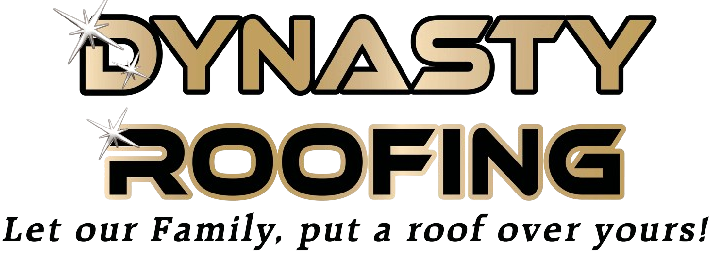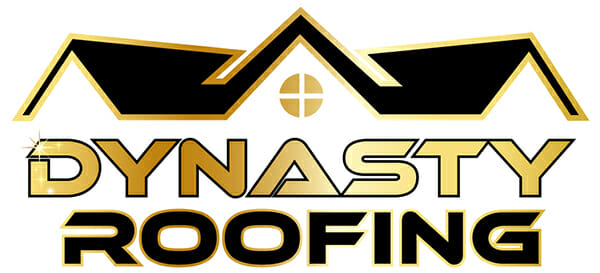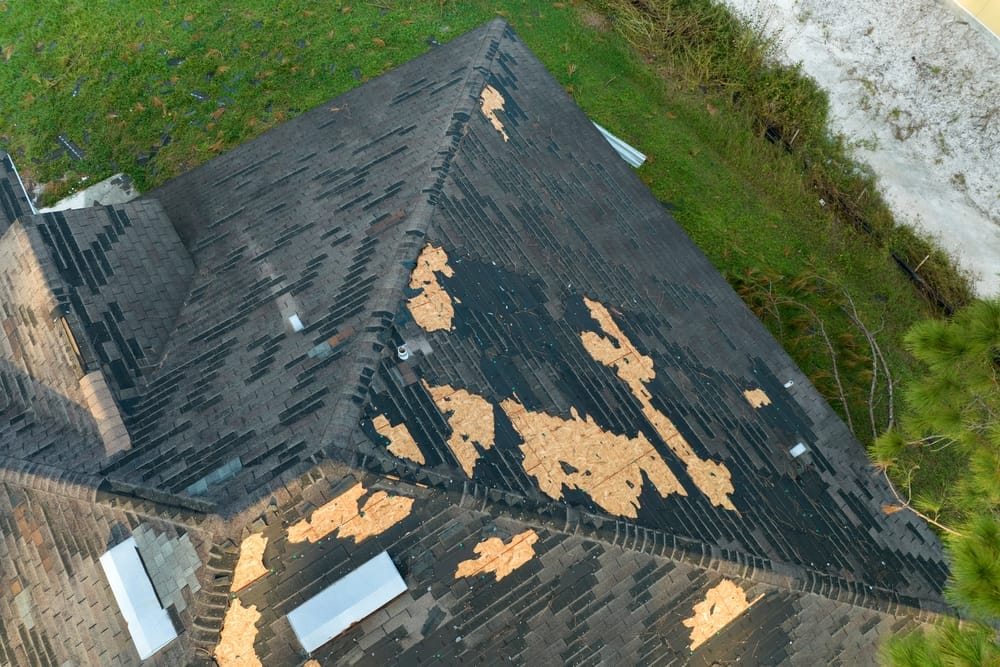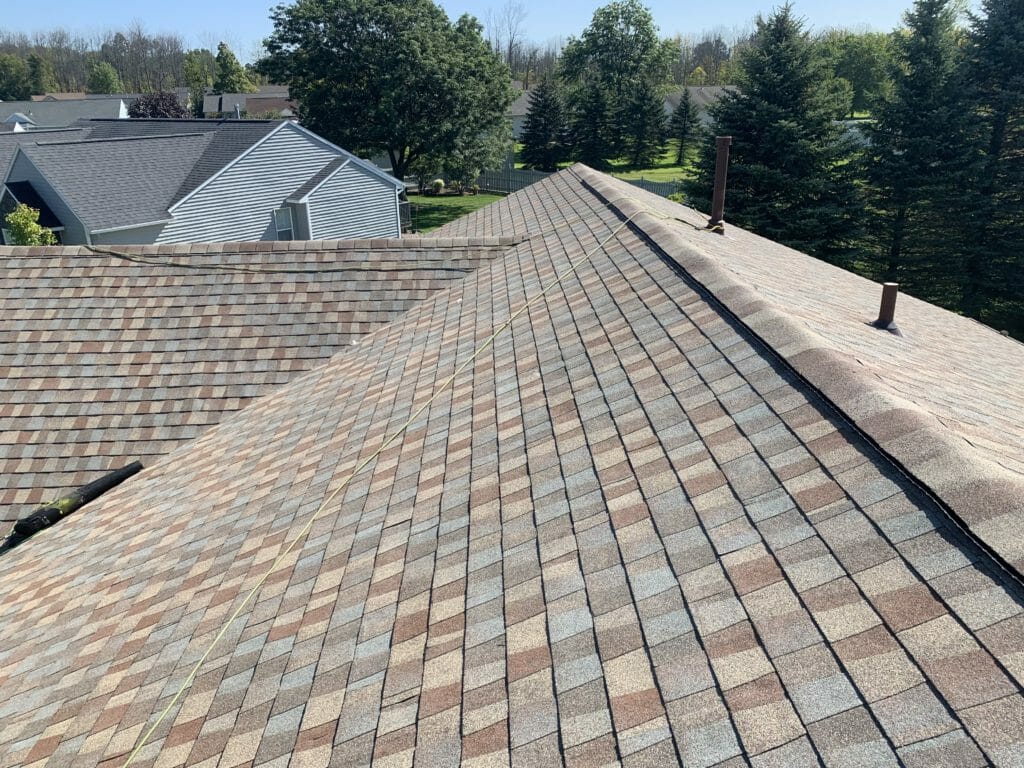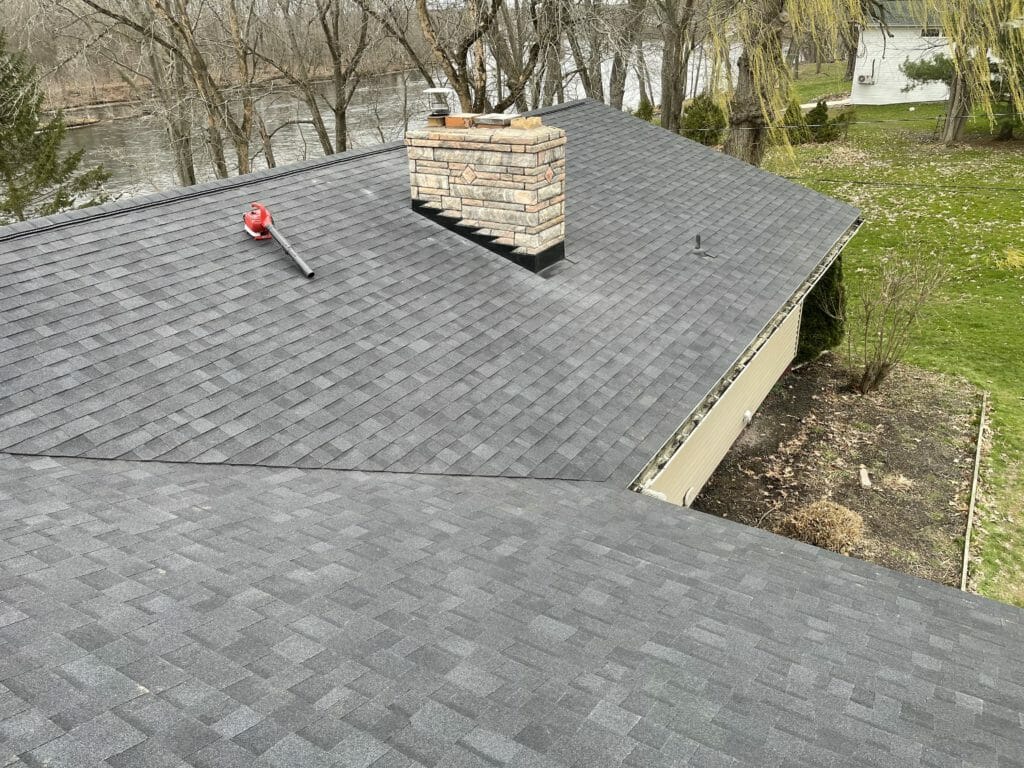Think about your roof. It’s that constant guardian over your head, shielding everything important inside your home or commercial building. But how often do you really give it attention? Understanding roof inspection importance is the first step toward protecting your biggest investment.
Ignoring your roof until something goes wrong is a risky gamble many homeowners take. Regular checkups aren’t just about fixing things; they are about preventing disasters before they happen. Recognizing the true roof inspection importance can save you stress, money, and major headaches down the road, keeping your property and family safe.
Why Waiting for a Leak is a Bad Idea
Your roof faces a daily battle against the weather. Sun, rain, wind, snow, and ice all take their toll over time. This constant exposure slowly wears down roofing materials, whether it’s on a residential roof or a commercial roof.
Think of small issues like tiny cracks or a loose shingle. They seem harmless at first glance. But water is persistent and can find its way through the smallest openings, compromising the structural integrity of your building.
Left unchecked, these minor entry points lead to significant water damage inside your walls, attic, and ceilings. You might see telltale water stains, smell musty mildew indicating potential mold growth, or find insulation soaked and ineffective. Addressing these problems after they appear involves a much bigger and more costly repair than fixing the initial small issue and can even lead to health issues for house occupants.
Delaying a roof inspect can turn a simple fix into a major renovation project. Protecting your investment means being proactive, not reactive, about potential roof damage. This preventative approach is core to effective roof maintenance.
Catching Trouble Early: The Power of Inspection
Regular roof inspections by a trained professional roof inspector are like preventative doctor visits for your home. They spot the early warning signs of trouble you might easily miss from the ground. What kinds of things are roof inspectors looking for during a roofing inspection?
Cracked, curling, or missing shingles are common culprits signaling potential failure points. Shingles are the primary barrier against the elements, and when they’re compromised, your roof’s underlayer is exposed. This significantly raises the risk of leaks and underlying deck damage.
Another critical area requiring close examination is the flashing. This metal stripping safeguards vulnerable spots around chimneys, vents, skylights, and roof valleys where different planes meet. If flashing is damaged, bent, improperly installed, or rusted, it fails to direct water away effectively, often causing leaks in these high-risk zones.
You might also notice moss, algae streaks (gloeocapsa magma), or debris buildup. While sometimes just an aesthetic issue, thick moss growth traps moisture against shingles, accelerating wear and potentially lifting shingles, allowing water penetration. Timely cleaning can prevent long term damage and preserve the roofing material.
Proper attic ventilation is another essential checkpoint for professional roof inspectors. An inadequately ventilated attic can become excessively hot or retain too much moisture. This trapped heat can bake shingles from underneath during summer, while moisture buildup contributes to condensation, mold growth, and ice dams in winter, impacting the entire roofing system and even the wall lining.
Good ventilation, consisting of both intake and exhaust vents, helps regulate temperature and moisture levels, crucial for extending your roof’s lifespan. This is one of the key maintenance tips often overlooked. Finally, clogged gutters and downspouts present significant problems.
When water cannot drain properly, it backs up along the roof edge. This pooling water can easily seep under shingles, leading to rot in the roof decking, fascia boards, and soffits. Routine roof checks ensure water flows freely away from the structure.
Finding Damage You Can’t See
Some forms of roof damage aren’t obvious from a ground-level view. A quick visual scan might miss subtle problems lurking beneath the surface or in hard-to-see areas. This is precisely why a professional roof inspection holds immense value.
Experts, like a professional roof inspector or certified roofing contractors, utilize their training and experience, sometimes employing specific tools, to conduct a more thorough evaluation than a simple visual check. They typically perform an interior check, looking inside the attic for signs of leaks such as water stains on rafters, decking, or insulation. They carefully examine the underside of the roof deck for soft spots indicating wood rot or moisture saturation, and inspect the condition of the wall lining near the roofline.
This detailed examination is vital, particularly after severe weather events. Hail impacts can create small, often unnoticed bruises or micro-cracks on shingles that compromise their protective layer and shorten their lifespan. High winds can lift shingles, breaking the adhesive seal underneath without tearing the shingle completely off. Only a close-up, hands-on inspection reveals these damaged areas effectively.
Detecting these unseen issues early prevents them from escalating into serious structural problems or widespread water damage. A comprehensive professional roof inspection provides peace of mind, confirming your roof is sound from top to bottom and protecting your home against future weather damage.
Keeping Your Roof Warranty Valid
Did you know your roof likely comes with a manufacturer’s warranty? These warranties often cover defects in the roofing materials for a significant period, potentially decades. However, maintaining this coverage usually involves specific homeowner responsibilities.
Most roofing material warranties require proof of regular maintenance and periodic inspections to remain valid. Manufacturers reasonably expect property owners to undertake standard care for their roofs. This typically includes scheduling regular roof inspections and addressing any necessary repairs promptly.
If roof neglect leads to a problem that could have been prevented through routine roof checks and timely roof repair, the manufacturer might deny your warranty claim. Such a denial could leave you responsible for the full cost of repairs or even a complete replacement roof. Following the required inspection schedule helps satisfy warranty requirements, keeping your valuable coverage intact for its full term, especially since warranties require documented care.
Having your roof inspected annually by qualified roof inspectors provides the necessary documentation. This record shows you’ve met your obligations. It’s a crucial step in protecting your investment and avoiding unexpected expenses related to material failure.
The Big Payoff: A Longer Lasting Roof
How long should your roof last? The expected roof’s lifespan varies considerably based on several factors. Key elements include the type of roofing material used (such as asphalt shingles, metal roofing, tile, or materials for a flat roof), the quality of the initial installation, local climate conditions, and, critically, the level of ongoing maintenance.
A standard asphalt shingle roof, common on many residential roofing projects, might typically last between 20 to 30 years. However, consistent regular inspections and prompt attention to minor issues can significantly extend this functional life. Addressing small problems like replacing a few worn or damaged shingles, sealing cracked flashing, or keeping gutters clear prevents them from escalating into larger damage that shortens the roof’s overall useful duration.
Following basic maintenance tips, such as removing debris and checking seals, contributes greatly. These proactive roof maintenance steps help your roof better withstand the constant assault from weather elements year after year. Delaying a costly full roof replacement by even five or ten years translates into substantial financial savings, making regular care a wise strategy for protecting your initial investment and avoiding major repairs prematurely.
Choosing the Right Inspection Contractor
Selecting a qualified professional for your roof inspection is crucial. Look for an established inspection contractor or reputable roofing contractors with experience in inspections. Verify they are properly licensed (if required in your area) and carry adequate liability insurance and workers’ compensation coverage to protect you.
Ask for references from previous clients and check online reviews or ratings. Inquire about their specific experience with your type of roofing material, whether it’s standard asphalt shingles, metal roofing, tile, or a commercial flat roof.
Before hiring, ensure you understand the scope of the roofing inspection services they offer. Clarify what the inspection covers, what type of report you will receive, and the associated costs. Choosing a qualified professional inspector gives you confidence in the assessment and recommendations provided.
Inspections and Insurance Claims
Regular roof inspections provide more than just maintenance benefits; they can be invaluable if you need to file insurance claims. After significant storm damage from hail, wind, or falling debris, your insurance company will require proof of the damage and its cause. Detailed reports from previous professional roof inspections serve as a baseline for your roof’s condition before the event.
This documentation helps demonstrate that the damage occurred due to the specific weather event, rather than pre-existing wear or lack of maintenance. Having records of regular roof inspections and timely repairs strengthens your position during the insurance claims process. It can expedite claim approval and help ensure you receive fair compensation for covered weather damage.
Conclusion
Caring for your roof is a fundamental aspect of responsible homeownership or commercial building management. Regular professional roof inspections are central to this essential care. Understanding the full scope of roof inspection importance empowers you to prevent leaks, sidestep costly emergency repairs, maintain critical warranty coverage, enhance curb appeal, and potentially increase your property’s overall value.
